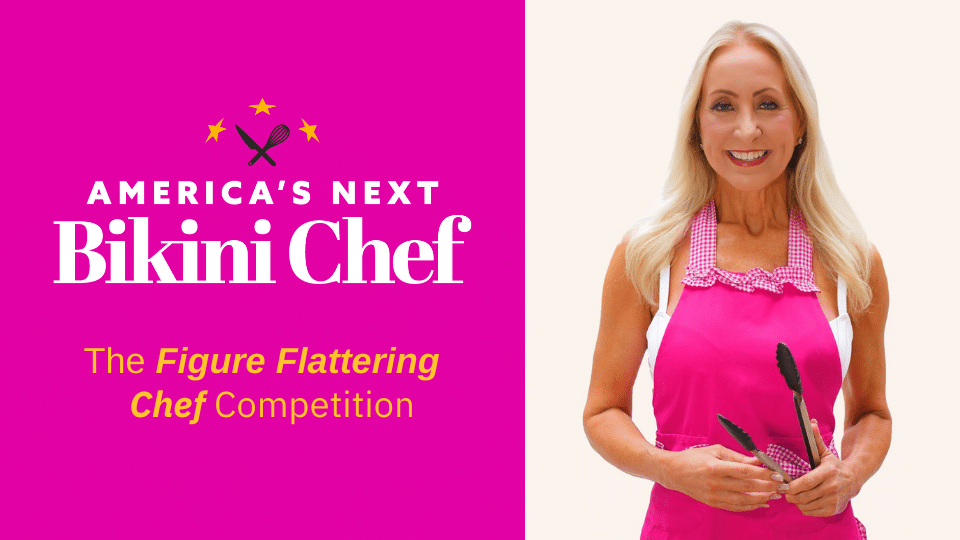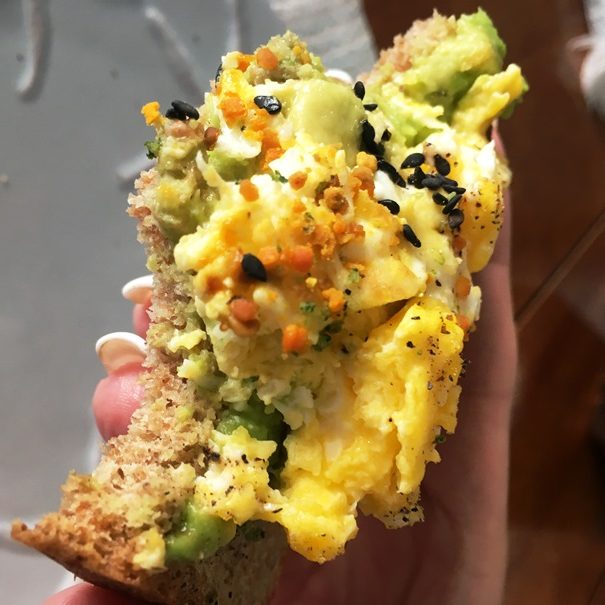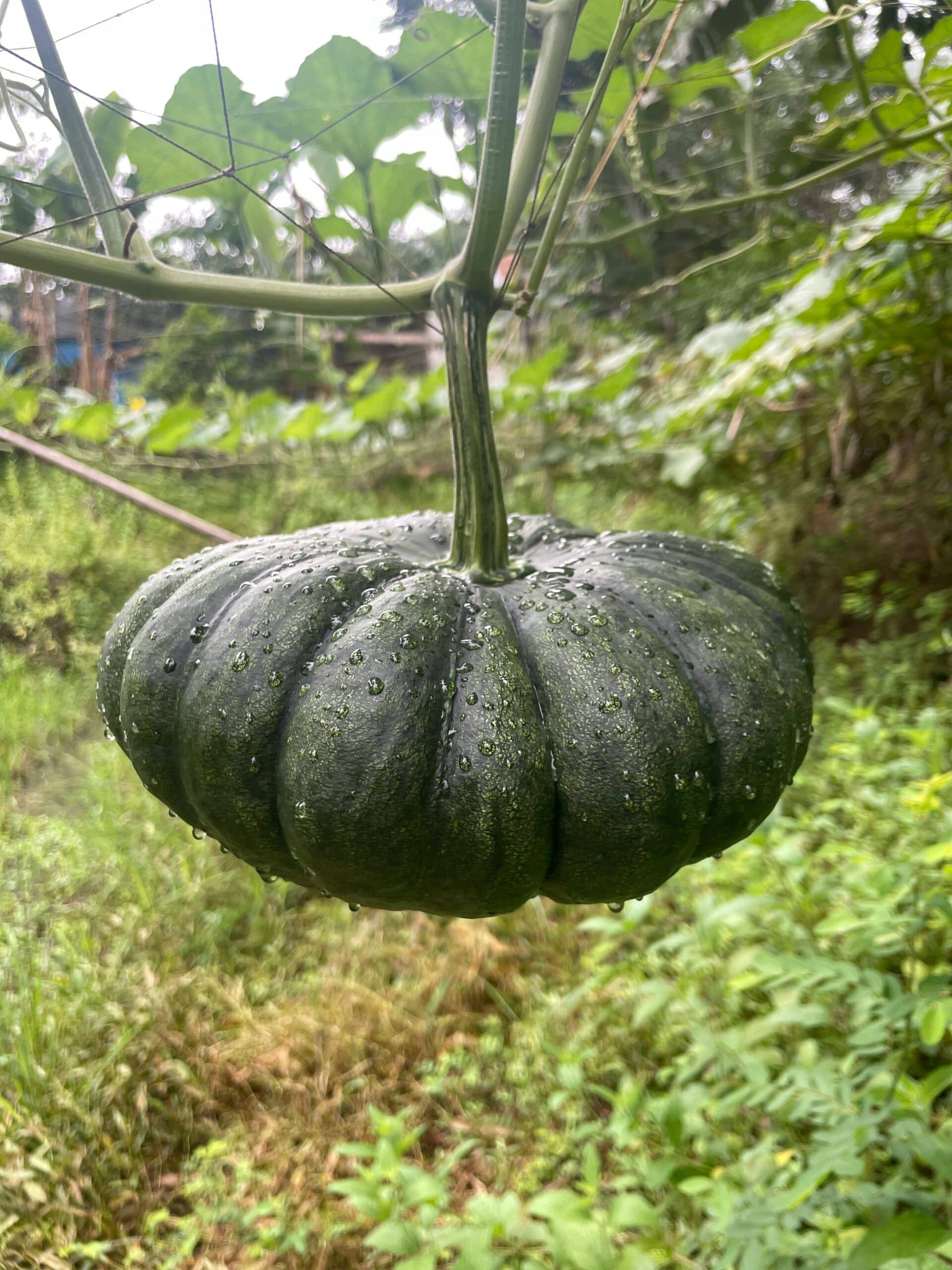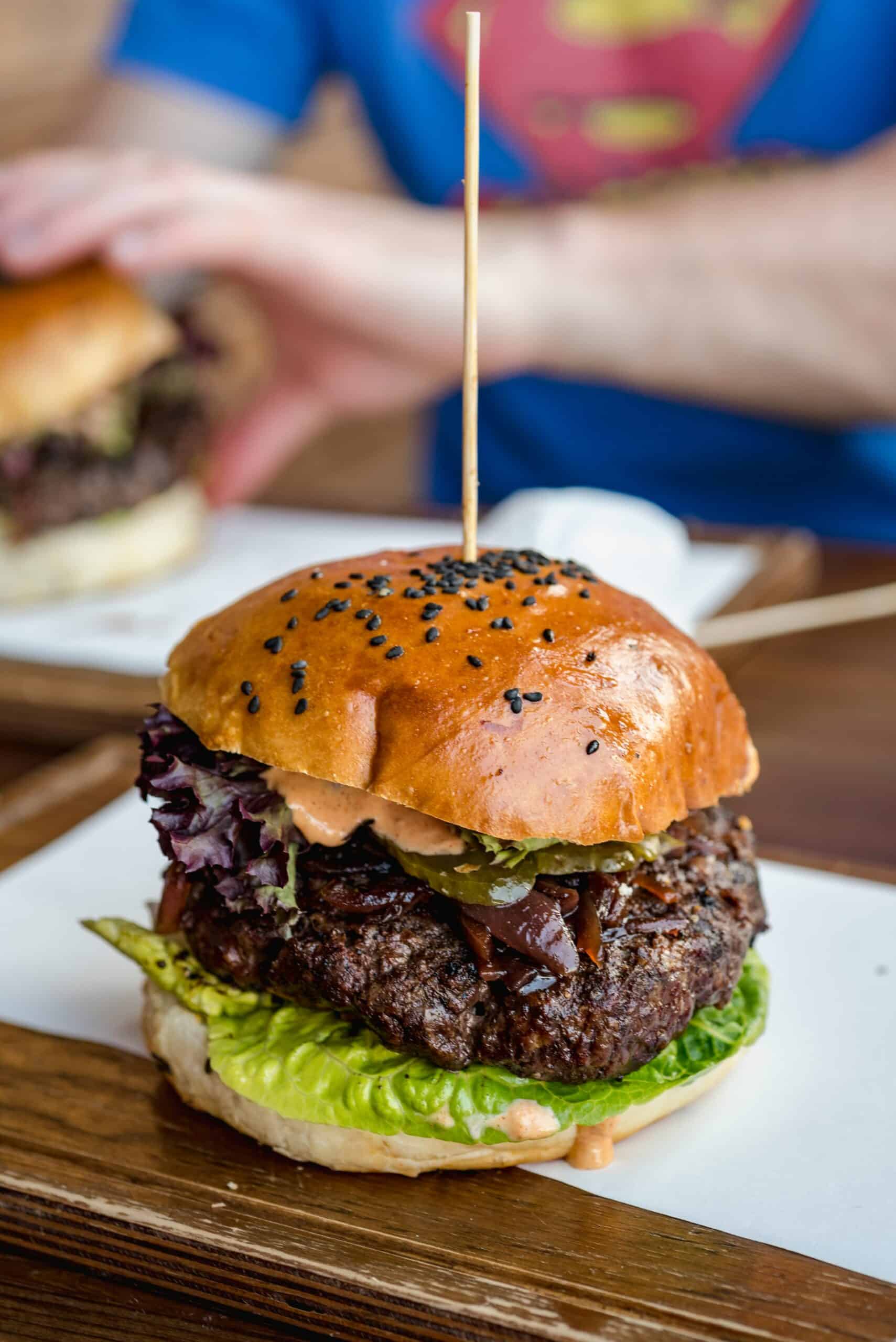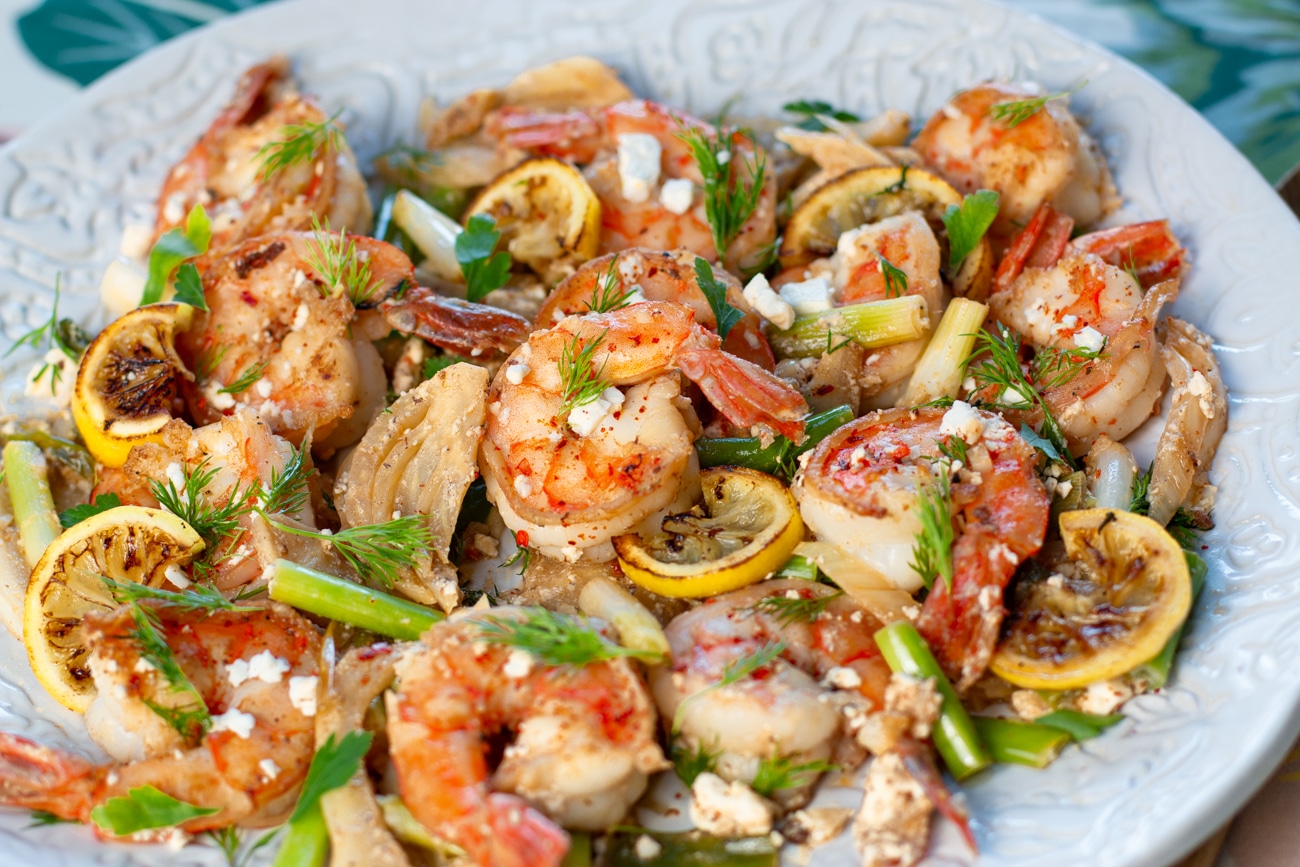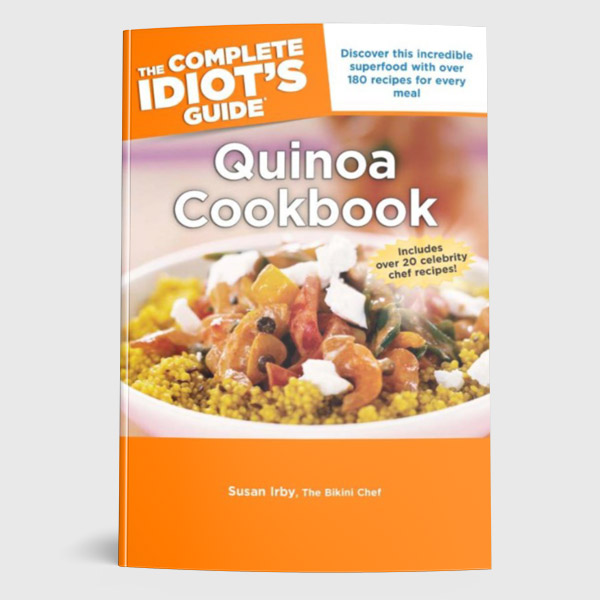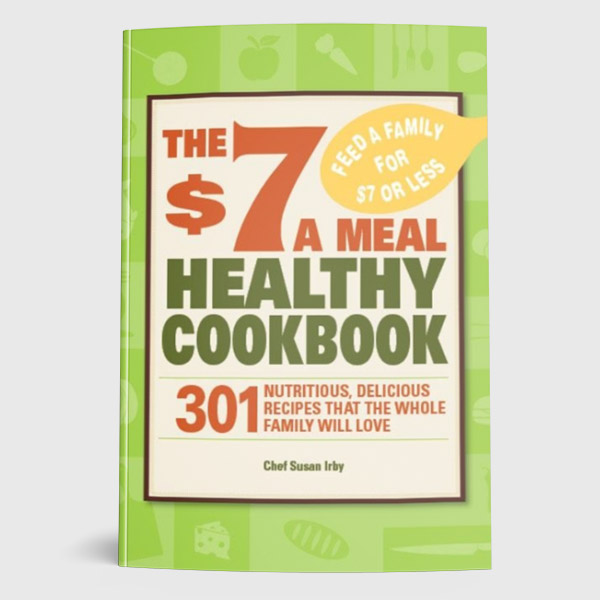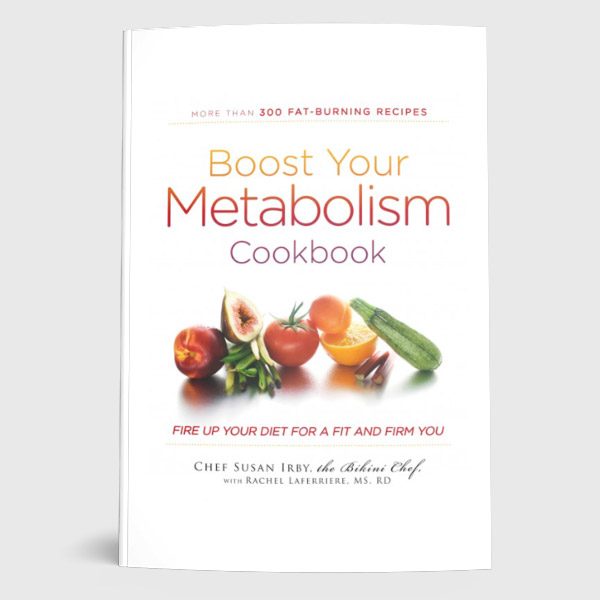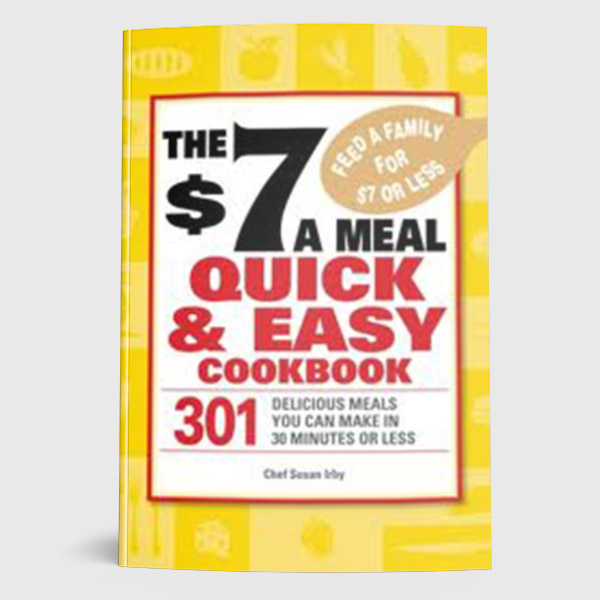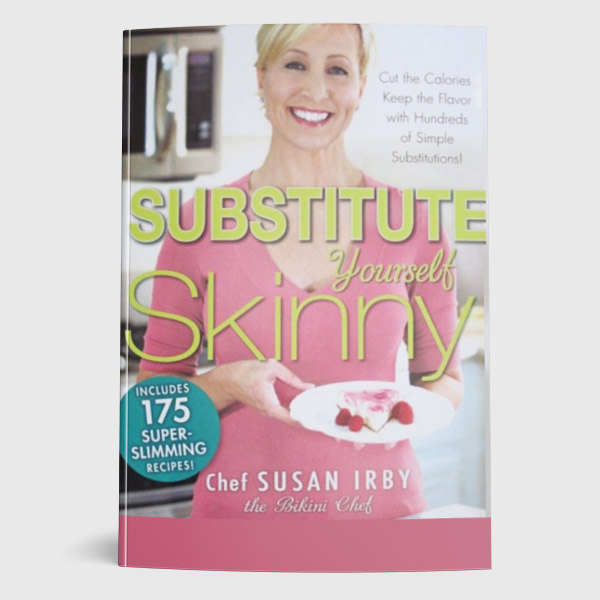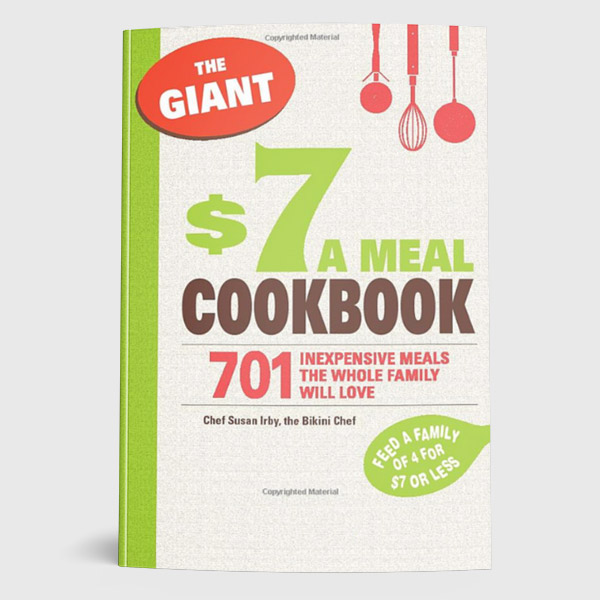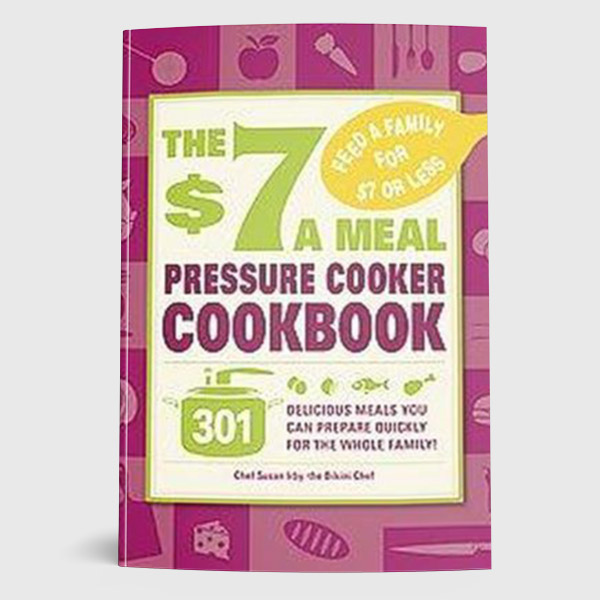Top 5 Foods That Build Muscle

Muscle is key to a lean body. Without muscle, you have what we call “skinny fat”. You may appear then, but your body has a high percentage of fat and will also lack the strength it needs to slow down the aging process. Muscle is also key to an effecient metabolism. A body high in muscle density will burn more calories at rest than a body with little muscle density. A common perception, or mis-perception, is that you have to eat protein powder and do heavy weight lifting at the gym to build muscle. And, mention the word muscle and many women become terrified they are going to get bulky. The truth is lean muscle is sexy and having strong muscles in no way means your body has to look big and bulky.
Here are my Top 5 #SOBikini Approved Foods that help build muscle:
1. Eggs: Noted as the “perfect protein”, eggs have the highest biological value-a measure of how well it supports your body’s protein needs-of any food, including our beloved beef… and don’t be afraid to eat the yolk! In addition to protein, it also contains vitamin B12, which is necessary for fat breakdown and muscle contraction. Eggs are vitamins and minerals over easy; they’re packed with riboflavin, folate, vitamins B6, B12, D, and E, and iron, phosphorus, and zinc.
2. Almonds: Also referred to as “muscle medicine”, almonds are one of the best sources of alpha-tocopherol vitamin E-the form that’s best absorbed by your body. That matters to your muscles because vitamin E is a potent antioxidant that can help prevent free-radical damage after heavy workouts. The fewer hits taken from free radicals, the faster your muscles will recover from a workout and start growing. One to two small handfuls of almonds (about 6 to 12 per) a day should be enough for the average person. Almonds double as brain insurance. A recent study published in the Journal of the American Medical Association found that those men who consumed the most vitamin E-from food sources, not supplements-had a 67 percent lower risk of Alzheimer’s disease than those eating the least vitamin E.
3. Salmon: Salmon is loaded with high-quality protein and omega-3 fatty acids. Omega-3’s can decrease muscle-protein breakdown after your workout, improving recovery. This is important because to build muscle you need to store new protein faster than your body breaks down the old stuff. Salmon also reduces your risk of heart disease and diabetes.
4. Olive oil: The monounsaturated fat in olive oil appears to act as an anticatabolicnutrient, in other words, it prevents muscle breakdown by lowering levels of a sinister cellular protein called tumor necrosis factor-a, which is linked with muscle wasting and weakness. While all olive oil is high in monos, try to use the extra-virgin variety whenever possible; it has a higher level of free-radical-fighting vitamin E. Olive oil and monounsaturated fats have been associated with everything from lower rates of heart disease and colon cancer to a reduced risk of diabetes and osteoporosis.
5. Water: Did you know muscle is approximately 80 percent water? A change of as little as 1 percent in body water can impair exercise performance and adversely affect recovery. The more dehydrated or parched you are, the slower your body uses protein to build muscle. How to know if you are getting enough water: Weigh yourself before and after each exercise session. Then drink 24 ounces of water for every pound lost. People who drink five or more 8-ounce glasses of water a day are 54 percent less likely to suffer a fatal heart attack than those who drank two or fewer (Loma Linda University).

